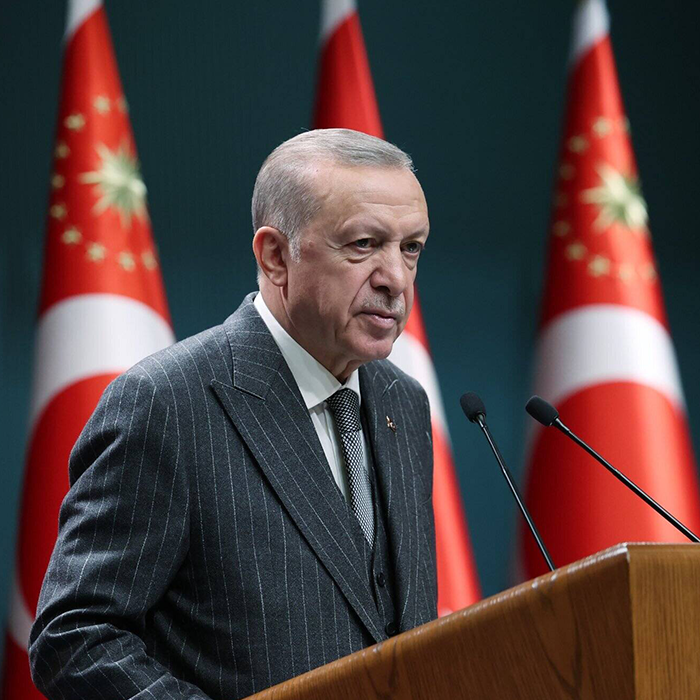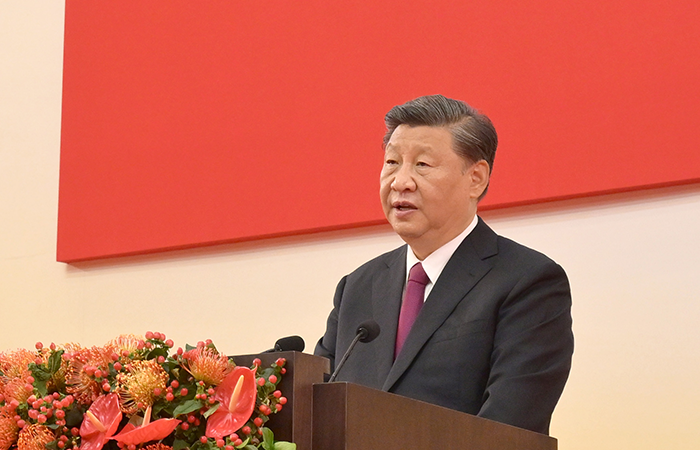The Federal Reserve Must Pay Attention: China’s Economy Is in Serious Trouble
August 25, 2023
A disturbing characteristic of Jerome Powell’s Federal Reserve is how US-centric it has become. In following its data-dependent interest rate policy, the Fed makes little reference to world economic developments in general and to those in China in particular. It does so even though those developments could materially impact our economy. This is all the more surprising at a time when China, the world’s second-largest economy and, until recently, its main engine of growth, is in deep economic trouble. It is also surprising when that country appears to be on the cusp of deflation and is causing a marked softening in international commodity prices.
China’s Economy Is in Trouble
At the heart of China’s current economic malaise is a series of egregious economic policy mistakes under President Xi’s watch. These mistakes include an over-reliance on a credit fueled housing market and export-led economic growth model. They also include an economically disastrous zero-Covid tolerance policy and a heavy-handed clampdown on the all-important tech sector that has undermined investor confidence.
It is also hardly helping matters that China is now paying the economic price for its earlier one-child policy that is now leading to the shrinking of its population. Or that its economic relations with the United States have soured under both the Trump and the Biden Administrations. Nor is it helpful that US and European companies are making serious efforts to reduce their reliance on the Chinese supply chain.
The depth of China’s economic troubles is underlined by the difficulties it is experiencing in its housing and export sector. According to a study by Harvard’s Kenneth Rogoff, housing activity accounts for almost 30 percent of the Chinese economy.
Meanwhile, the IMF estimates that Chinese exports account for almost 20 percent of the country’s GDP. This implies that at least half the Chinese economy is in deep trouble.
The Bank for International Settlements (BIS) frequently reminds us that over the past decade, China experienced a housing and credit market bubble that was of a similar size to that which Japan experienced in the run up to its lost economic decade in the 1990s. Housing prices in relation to income in China’s major cities have come to exceed those in London and New York while credit to the non-financial private sector increased by a staggering 100 percent of GDP. There is now every indication that those bubbles are bursting.
Over the past year, many Chinese property developers, now including most notably Countrywide, have defaulted on their loans. Meanwhile, house prices have fallen steadily over the past year, housing starts are in a deep slump, local governments are experiencing financial difficulties due to slumping land sales, and the housing market continues to be characterized by literally many millions of unoccupied dwellings. With China’s population now declining, it is difficult to see how the country can grow its way out of its housing and credit market difficulties.
At the same time that its housing market is stumbling, its export engine appears to be sputtering. It is doing so in the context of a slowing world economy and of efforts by foreign companies to re-source their supply chains. According to the most recent economic data, over the past year Chinese exports fell by as much as 14 percent.
All of this suggests that the US and world economies cannot count on the Chinese economy as they have in the past to provide a counter weight to their economic slowdowns with rapid Chinese economic growth. While to be sure our economy has limited direct exposure to China, the same is not true for China’s Asian partners, Australia, Germany, and the commodity exporting emerging market economies. All of those countries have strong Chinese trade links.
If a Chinese economic slowdown adversely affects those countries, our economy too will be affected indirectly through a less favorable world economic environment.
Help on Inflation?
However, the upside to China’s current economic troubles is that it might supply much needed inflation relief to the rest of the world economy. With China’s producer prices now declining at a rapid clip and with its currency depreciating, we can expect lower Chinese export prices.
More importantly yet, a Chinese economic slump must be expected to lead to a further softening in international commodity prices in general and in oil prices in particular.
The major slowing that we are now witnessing in the Chinese economy has to raise a basic question for the Federal Reserve. At a time when the world’s second largest economy is showing every sign that it could soon be exporting meaningful deflationary pressure to the rest of the world economy, might the Fed not be risking monetary policy overkill by hewing to its aggressive interest rate hiking policy?
Sign up for the Ledger
Weekly analysis from AEI’s Economic Policy Studies scholars



